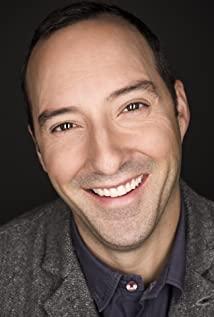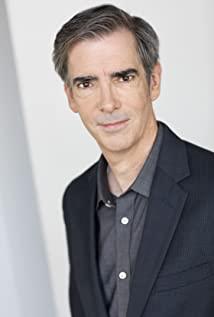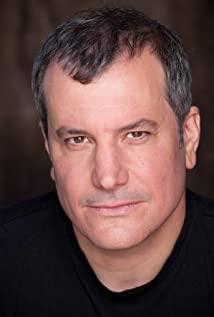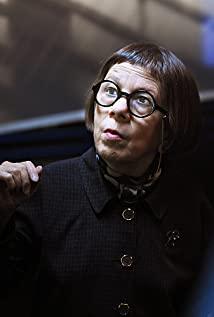I recently watched "Assassination of a Novelist" and suddenly remembered the film I saw a few years ago, and I replayed it again. It is the same fantasy and high concept. The film does not turn the story into a spectacle like the former, but through the almost romantic The technique tells a story about literature and about an individual's life; the film deliberately presupposes the fact that the protagonist knows he is in a book and is about to die, meaning some kind of awakening, and then the protagonist tries to unravel the mystery and promote the development of the whole story , also means a kind of life exploration. In the whole process, the most interesting thing is the protagonist's judgment on whether he is in a comedy or a tragedy. When the protagonist meets the person he loves, he thinks his life is a comedy. In fact, Mr. Lu Xun said it long ago , the greatness of tragedy lies precisely in the destruction of comedy for others to see - the director's cognition of literature and the narrative of the protagonist's life have been subtly and coherently overlapped at this moment, and the subtle charm of literature itself has suddenly become Concretized and turned into a true story of flesh and blood, so that in the end the protagonist knows his inevitable death, but still chooses to accept it, chooses to be subdued by the greatness and charm of the disappearance of life, which makes people moved; and the writer, in turn, because of this A living, brave and upright person chooses to sacrifice the integrity of his works and give life the most basic humanistic care. The two echo each other and form an intertextuality, giving a new perspective to the concept of "art comes from life and is higher than life". annotation. Dustin Hoffman in the middle throws a question for the protagonist: How would you live your life if you already knew your impending inevitable death? And the values of the film try to settle on a simple life principle: our destiny should be in our own hands, even if we face the foreseeable and inevitable death. Interestingly, this theme coincides with "Arrival", and I don't know if Villeneuve did it deliberately. When the protagonist finds his life being narrated for the first time, he uses "on the nature of daylight" on the same soundtrack. The bright side: changing my life and embracing our great and poetic death, the dark side: killing the man who wrote my life. Which one would you choose?
View more about Stranger Than Fiction reviews











